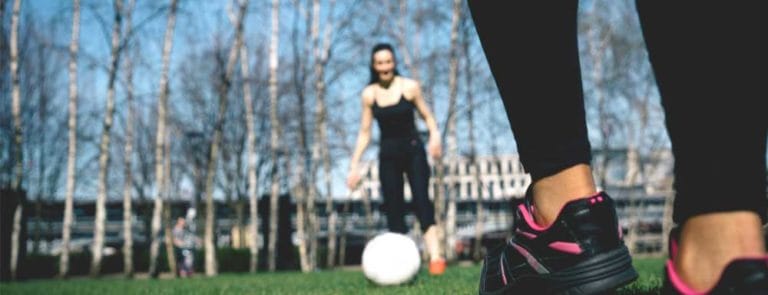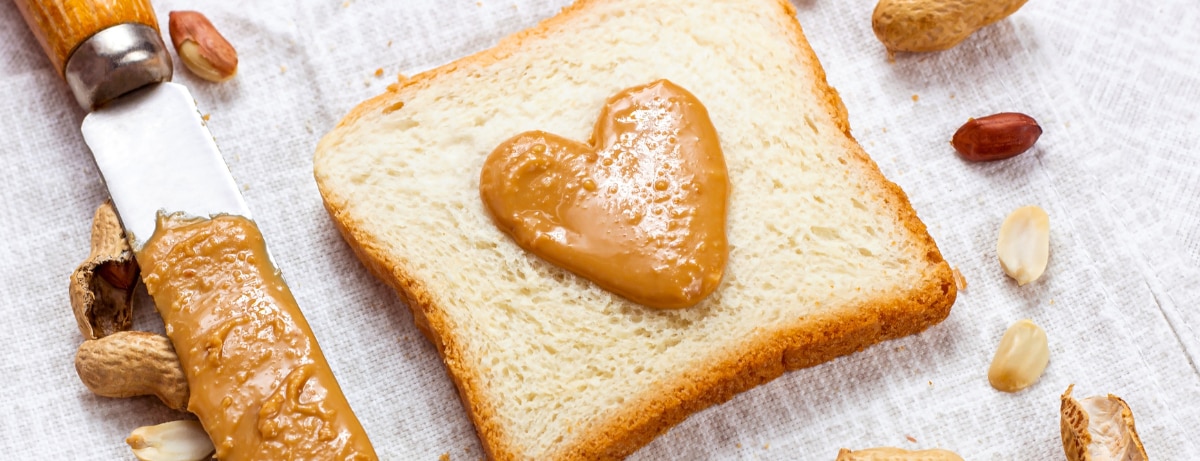15% off £20
Six common causes of low blood pressure

There could be a number of factors triggering low pressure. Find out what may be the reason for yours We don’t tend to hear all that much about low blood pressure. That’s because it’s not normally much of a problem – especially not when compared to high blood pressure.1 High blood pressure – or hypertension – affects more than one in four adults in the UK and can cause life-threatening problems such as heart attacks and strokes.2
What is low blood pressure?
By comparison, low blood pressure is usually considered a positive by doctors. It’s diagnosed if you consistently have a reading of 90/60 (systolic/diastolic) or under. Generally, the lower your blood pressure, the lower your risk of stroke and heart disease.3
What are the symptoms?
Low blood pressure can sometimes cause uncomfortable, debilitating symptoms, such as dizziness and light-headedness, especially when standing up, and even nausea.4
The main causes of low blood pressure
Blood pressure changes naturally throughout the day5, but there are some reasons why you may be more likely to have overall low blood pressure:
1. Exercising regularly
2. It’s in your genes
A 2007 study by the Erasmus Medical Centre in Rotterdam found that your genes may play a role in whether you’re prone to higher or lower blood pressure.7 So if your parents had low blood pressure, you may inherit it too.8
3. It’s time to get up
Just woken up? Blood pressure falls overnight; if you test yours early in the day, it may well be lower than if you tested in the afternoon. Try repeat testing to get a true reading.9
4. You’re pregnant
In the first 24 weeks of pregnancy, your blood vessels expand to boost blood flow to the uterus, reducing your blood pressure. It should return to normal once you’ve given birth, but speak to your doctor or midwife if you’re concerned.10
5. You don’t get enough B vits
If you don’t have enough B12 or folate in your diet, your body may not make enough red blood cells, and this can lead to low blood pressure.11 Get more of these nutrients by tucking into foods such as green leafy veg, yeast extracts, dairy, eggs and fish, or consider a supplement.12
6. You could be dehydrated
Have you been exercising strenuously or had fever or diarrhoea? If you’ve not taken in enough fluids, you could be dehydrated, which causes low blood pressure. Drink plenty of fluids, including water and herbal teas.13,14
Some medications can trigger low blood pressure,15 so ask your GP to check if yours may be causing hypotension. You should also seek medical attention if you get very dizzy or light-headed, or you regularly monitor your blood pressure at home and notice it’s suddenly lower for no obvious reason.16
Advice is for information only and should not replace medical care. Please check with your GP before trying any remedies.
- https://www.nhs.uk/conditions/high-blood-pressure-hypertension/
- As above
- http://www.bloodpressureuk.org/BloodPressureandyou/Thebasics/Whatislow
- https://www.nhs.uk/conditions/low-blood-pressure-hypotension/
- https://www.mayoclinic.org/diseases-conditions/low-blood-pressure/symptoms-causes/syc-20355465
- https://www.nhsinform.scot/illnesses-and-conditions/heart-and-blood-vessels/conditions/low-blood-pressure-hypotension#causes
- https://www.ncbi.nlm.nih.gov/pubmed/17278972
- As Source 6
- As Source 6
- https://www.medicalnewstoday.com/articles/320303.php
- As Source 5
- https://www.nhs.uk/conditions/vitamin-b12-or-folate-deficiency-anaemia/
- As Source 5
- https://www.mayoclinic.org/diseases-conditions/dehydration/diagnosis-treatment/drc-20354092
- As Source 5
- As Source 5















